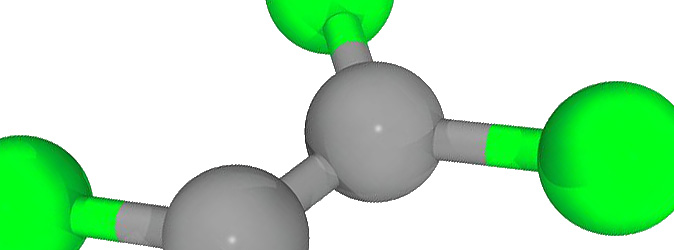News

Volatile Organic Compounds
February 2, 2021
So what are VOC’s and why are they so important?
Volatile organic compounds (VOC’s) are potentially hazardous vapours emitted from certain solids and liquids at relatively low temperatures. Many common household items can contain VOC’s and the chemicals emitted can have both short and long term adverse effects on your health.
United States EPA studies have shown that concentrations of about a dozen common organic pollutants, also known as VOC’s, can be 2 to 5 times higher inside homes than in the outdoors. This is regardless of whether the homes were located in rural or highly industrial areas.
Common sources of VOC’s include:
- Paints, strippers and solvents
- Wood preservatives
- Aerosol sprays
- Cleansers and disinfectants
- Air fresheners
- Fuels and automotive products
- Hobby supplies
- Dry-cleaned clothing
- Pesticides
- Building materials including adhesives, sealants, chip board, vinyl flooring and carpet
- Home furnishings
- Office equipment and supplies
How can VOCs impact your wellbeing?
There are many identified health risks associated with VOC exposure:
- Eye, nose and throat irritation
- Headaches, loss of coordination and nausea
- Damage to liver, kidney and central nervous system
- Some organic compounds are suspected or known to cause cancer in humans
Some key exposure symptoms include:
- Headache
- Allergic skin reaction
- Shortness of breath
- Reduced cholinesterase levels
- Nausea
- Vomiting
- Nose bleeds
- Fatigue
- Dizziness
How can I help reduce VOC exposure and their effects on health and the environment?
There are many positive and intentional steps individuals can take to make change and better protect themselves from exposure.
- Make sure work areas are well ventilated.
- Only buy products in quantities that you will use quickly and don’t store opened containers when possible.
- Dispose of unused or little used containers according to directions.
- Don’t store chemicals or fuel containers within inhabited areas.
- Read, understand and follow the manufacturer’s instructions for products before starting.
- Consider which products you use and choose no or low VOC alternatives if available.
Adjuvate Australia have a long standing commitment to community health and the betterment of the environment. Our hand picked technical team have over 40years in the industry and are actively involved in formulating to minimise emissions from our superior range of building products.
Contact our sales team, they are more than happy to discuss the calculated VOC levels of our products and assist with the selection of the best building materials for your application.
Source https://www.epa.gov
